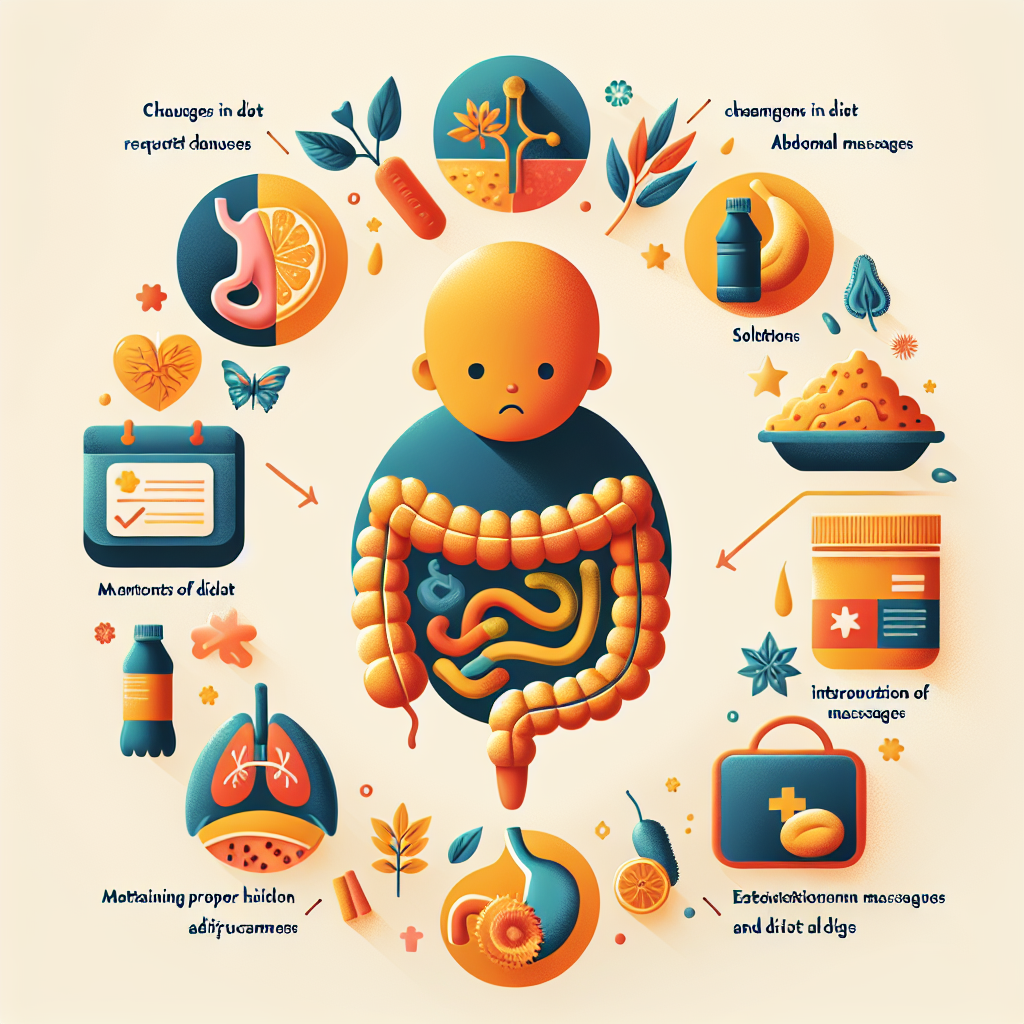Child Development: A Complete Guide to the Essential Stages
Introduction
Every parent wants to be prepared to provide the best in their child's development. From the first days of a newborn to the preschool years, each stage of growth is critical and comes with its own challenges and achievements. In this article, we'll go through the stages of child development, highlighting important aspects of each phase and tips for successfully navigating these transitions.
The First Weeks of Life
The first weeks after birth are critical for the development of the newborn. Babies quickly learn how to coordinate sucking and swallowing, a cornerstone of effective feeding. During this time, parents learn to recognize the child's hunger signals and understand the importance of sleep for brain development.
From 1 to 3 months
This stage witnesses the development of the baby's senses. The ability to follow objects with the gaze, the first smiles and the first voluntary sounds are signs of cognitive and emotional growth. Muscle growth allows the child to better support his head and begin to discover the world around him.
From 4 to 6 months
During these months, babies begin to develop muscle control, which allows them to roll over and sit up with support. At 6 months, most babies begin diversification, an important step in the development of food tastes and textures.
From 7 to 9 Monday
Mobility at this age improves significantly. Babies can begin to crawl, sit unsupported and explore objects with more dexterity. Language development is accentuated, the first syllables such as "mama" or "dad" becoming common.
From 10 to 12 months
Approaching the first year of life marks a significant transition. Parents can expect first steps as well as increased independence in eating. Exploration is at an all time high and supervision is crucial to ensure a safe environment for the child.
From 1 to 3 Years
Children are increasingly developing their vocabulary and communication skills. The game becomes more complex, and interaction with other children begins to have increasing importance. This is a time when boundaries and rules become important, as well as encouraging self-care skills such as using the potty.
Conclusion
A child's development is a complex and delightful process, full of essential stages that contribute to their physical, emotional and cognitive well-being. Each stage comes with its own unique achievements and as parents it is important to educate ourselves and be present to support and encourage this development. By accumulating knowledge and applying it to your child's education, you can ensure a solid foundation for their future growth and success.
Don't forget to visit our parenting resources section for more information and subscribe to our newsletter to keep up with the latest in parenting.














































































































































